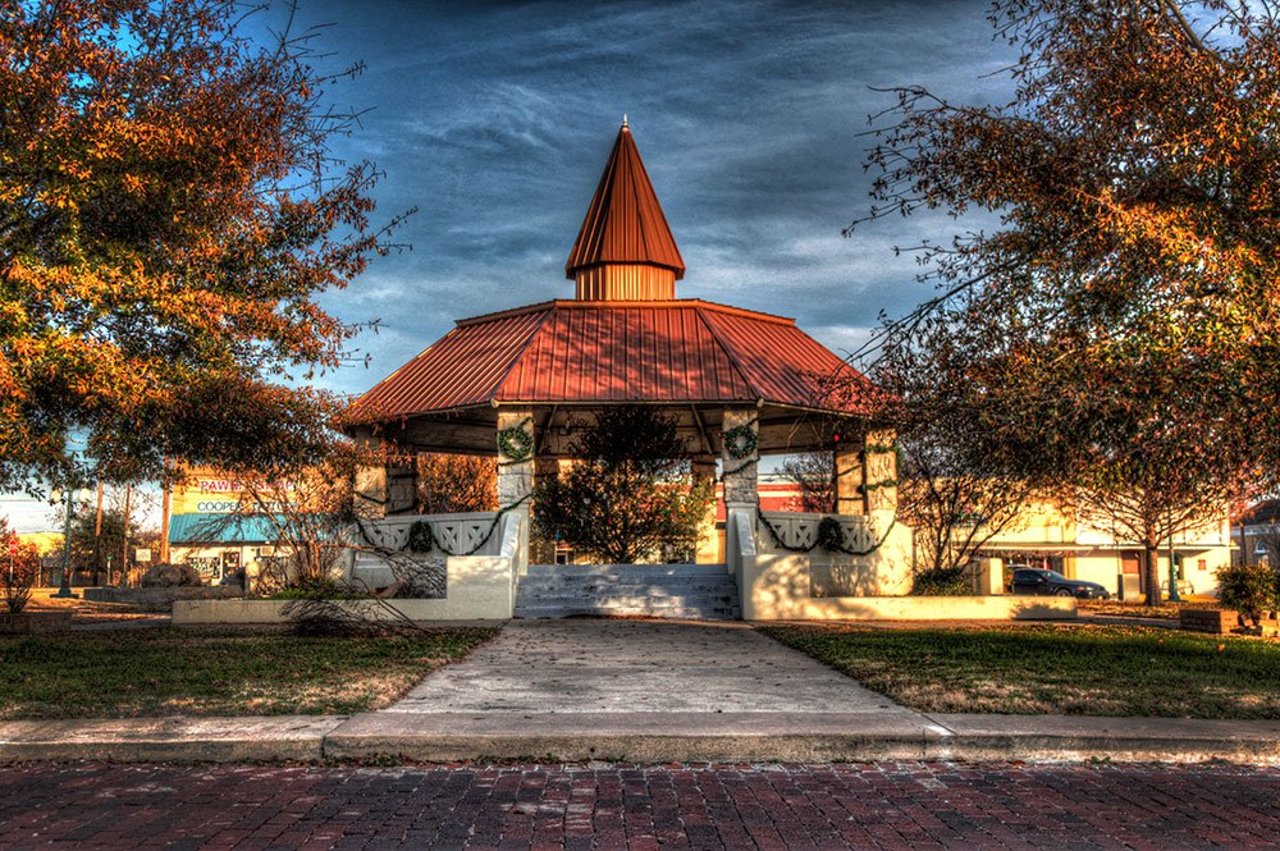Is Cooper, Texas Good for Retirees?
If you’re wondering “Is Cooper, Texas good for retirees?” the short answer is: it depends on the lifestyle you’re seeking. Cooper is a small town in Delta County with affordable living, friendly neighbors, and access to outdoor recreation like Cooper Lake State Park. However, retirees should also consider the limited healthcare facilities and fewer big-city amenities. This article dives deep into cost of living, healthcare, climate, community, recreation, safety, and more—helping you decide whether Cooper could be your retirement dream or just a quiet stop along the way.

Cost of Living in Cooper, Texas
One of the biggest draws of Cooper for retirees is its affordability. According to recent real estate data, the median home price in Cooper is around $165,000, which is significantly below the Texas state median of about $298,000 and the U.S. median of roughly $420,000 (Zillow, 2024). That means retirees stretching their nest egg—whether from Social Security, pensions, or savings—will find their money goes further here.
Texas also has no state income tax, which can make a big difference for retirees withdrawing from retirement accounts. However, property taxes are higher than average. Luckily, Texas offers senior exemptions that reduce property taxes for homeowners over 65, giving retirees financial relief.
Everyday expenses like groceries, dining, and utilities are lower than in urban centers such as Dallas or Austin. According to the Council for Community and Economic Research (C2ER), small rural towns in Texas often see costs 20-25% below the national average.
If you’re planning your budget, don’t forget to test scenarios with the Retirementize online income calculator. It helps you determine how far your money can go if you’re living in a small town like Cooper compared to pricier alternatives.
Healthcare Access for Retirees
Healthcare is often the deciding factor when retirees consider where to live. Cooper has small local clinics, but major hospitals are located in nearby cities such as Paris (30 minutes), Greenville (40 minutes), and Dallas (about 90 minutes). This means that for specialized care, retirees will need to travel.
While that may sound inconvenient, many retirees in rural Texas accept the tradeoff: lower cost of living for slightly longer drives to healthcare providers. For those with chronic conditions, however, this could be a drawback. According to AARP, access to quality healthcare within 30 minutes is a key retirement factor, so this is something to carefully weigh.
Climate and Outdoor Lifestyle
Cooper enjoys mild winters (average lows in January around 35°F) and hot summers (July highs often exceed 95°F). For retirees coming from colder northern states, Cooper’s climate can feel like a blessing—imagine walking the dog in January without a heavy coat!
Outdoor lovers will enjoy proximity to Cooper Lake State Park, where fishing, boating, hiking, and birdwatching are popular activities. The lake is also a favorite spot for camping trips with visiting grandkids, making it a family-friendly perk for retirees. Compared to large Texas metros, you’ll enjoy less traffic and cleaner air.
Community and Lifestyle
With a population under 2,500, Cooper offers the small-town charm many retirees crave. Neighbors often know each other, and community events—from church socials to high school football games—are central to the town’s identity.
For retirees seeking a slower pace, this is ideal. If you’ve read our article “Busier in Retirement”, you know staying engaged is vital. Cooper offers volunteer opportunities, church groups, and local events to keep you connected.
However, those who prefer lots of dining, arts, or nightlife may find it too quiet. Retirees often take day trips to Sulphur Springs, Paris, or even Dallas for cultural events, museums, or big shopping trips.
Recreation and Things to Do
Aside from the beautiful Cooper Lake State Park, retirees can enjoy small-town events like farmers markets, Delta County fairs, and historical sites. If you’re a history buff, the Delta County Museum offers a look at the area’s heritage.
For bigger excursions, Dallas is just an hour and a half away, offering everything from professional sports to world-class dining. Many retirees use Cooper as a peaceful home base while still enjoying urban attractions occasionally.
Safety and Crime Rate
Safety is a major retirement factor. According to NeighborhoodScout, Cooper’s crime rates are lower than national averages, particularly for violent crime. Like most small towns, the sense of safety and community watchfulness is strong—neighbors keep an eye out for each other.
Transportation and Accessibility
Cooper is not walkable in the way larger cities are. Retirees will need a car to get around. The nearest major airport is Dallas/Fort Worth International Airport, about 90 minutes away. For retirees who plan to travel frequently, this is something to keep in mind.
Public transportation options are limited, though some senior ride programs may be available through Delta County services.
Pros and Cons of Retiring in Cooper, Texas
Pros:
- Low cost of living and affordable housing
- No state income tax
- Small-town friendliness and slower pace
- Access to outdoor recreation
Cons:
- Limited healthcare facilities
- Few entertainment and dining options
- Hot summers may be uncomfortable for some
- Car-dependent lifestyle
Who Should Consider Retiring in Cooper?
Cooper is best suited for retirees seeking peace, affordability, and a close-knit community. If you’re someone who enjoys fishing, gardening, or simply slowing down, this could be a great fit. However, retirees needing specialized healthcare or wanting lots of social amenities may prefer a larger city.
Alternatives to Cooper for Retirement in Texas
If Cooper feels a little too quiet, nearby Sulphur Springs or Greenville offer more amenities while still maintaining a lower cost of living. Popular retirement cities like Austin, San Antonio, or Tyler also provide more healthcare access and entertainment options, though at higher costs.
Fun Facts About Cooper, Texas
- Cooper Lake State Park covers nearly 20,000 acres and is a top fishing destination in Texas.
- Delta County, where Cooper is located, is the second smallest county in Texas by land area.
- The town has fewer than 2,500 residents, making it one of the tight-knit communities in Texas.
- Texas ranks among the top 10 states for retirees due to tax benefits and affordability (WalletHub, 2023).
- Over 18% of Cooper’s population is aged 60 or older, higher than many Texas towns.
Conclusion
So, is Cooper, Texas good for retirees? The answer depends on your lifestyle. If you’re looking for a quiet, affordable, small-town community with plenty of outdoor recreation, then Cooper could be your hidden gem. On the other hand, if you need frequent access to advanced healthcare or crave urban amenities, you may find it too limiting. Ultimately, the decision comes down to balancing your retirement priorities—budget, health, and lifestyle.
Before making the move, run your numbers through the Retirementize income calculator. It will help you understand whether your retirement savings align with Cooper’s cost of living, or whether you’d be better suited to another Texas town or even a different state altogether.
